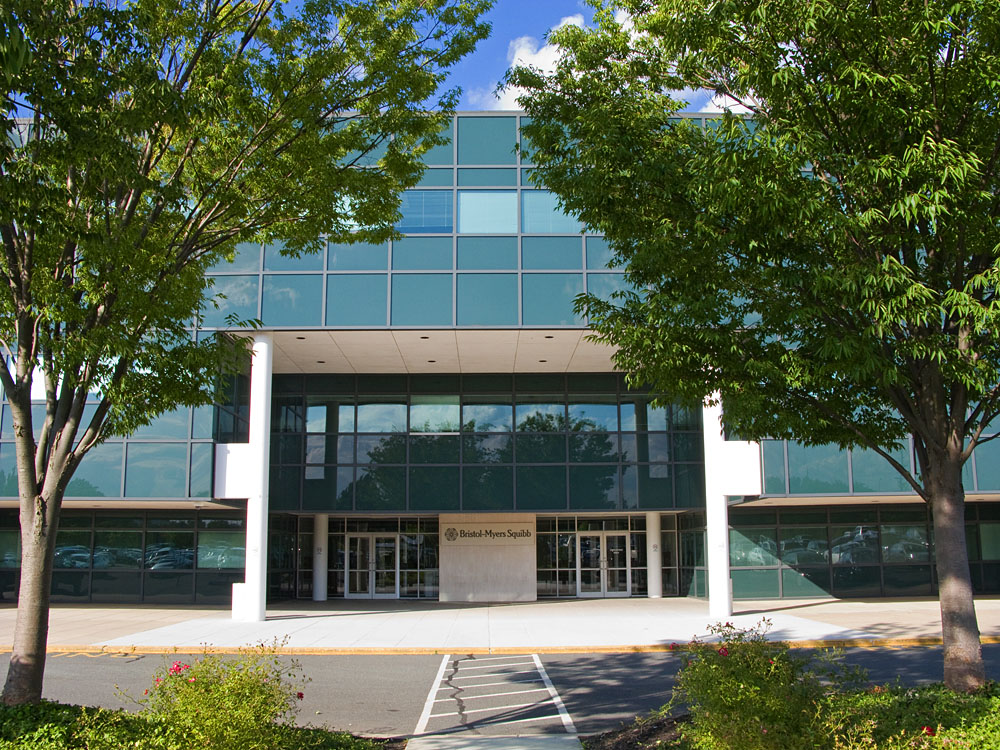BMS snaps up cancer biotech IFM in $2.3bn deal

Bristol-Myers Squibb is to buy biotech IFM Therapeutics, and its potential new cancer immunotherapy technology, in a deal that could be worth more than $2.3 billion.
BMS will gain rights to IFM’s preclinical stimulator of interferon genes (STING) and NLRP3 agonist drugs, which aim to enhance the innate immune response against cancer.
It will pay $300 million up front, with up to $1.01 billion in milestones for each of the first products from the STING and NLRP3 programmes.
With a firm foothold in cancer immunotherapy thanks to its blockbuster PD-1 Opdivo and CTLA4 skin cancer drug Yervoy, BMS is trying to snap up cutting-edge research in the field amid strong competition from the likes of Merck & Co and Roche.
Based in Boston, Massachusetts, privately held IFM was founded in 2015 with seed funding from Atlas Ventures, a specialist life sciences investor, and last year attracted $27 million in a further funding round from Atlas, Abingworth and Novartis.
Its team of scientists has developed a range of small molecule drugs targeting novel immune system pathways that could help the body’s natural defences recognise and attack tumours.
IFM’s STING agonist program includes a lead asset that could accelerate BMS’ research into this target, while the NLRP3 agonist program includes a potential first-in-class pipeline candidate.
While BMS said nothing specific about combining the drugs with Opdivo, it has already begun research combining the large antibody drug with small molecules – most recently Clovis’ Rubraca in ovarian and breast cancer.
As part of the deal, IFM shareholders will establish a new company, IFM Therapeutics LLC, retaining IFM’s current personnel and facilities, as well as its remaining research programmes.
These include an NLRP3 antagonist programme focused on curbing immune responses that lead to inflammatory diseases and fibrosis.
Bristol-Myers Squibb will get closing certain rights against the new company's NLRP3 antagonist program, including a right of first refusal.
Both company’s boards have approved the deal, which is expected to close during Q3, as long as it clears US antitrust regulations.












